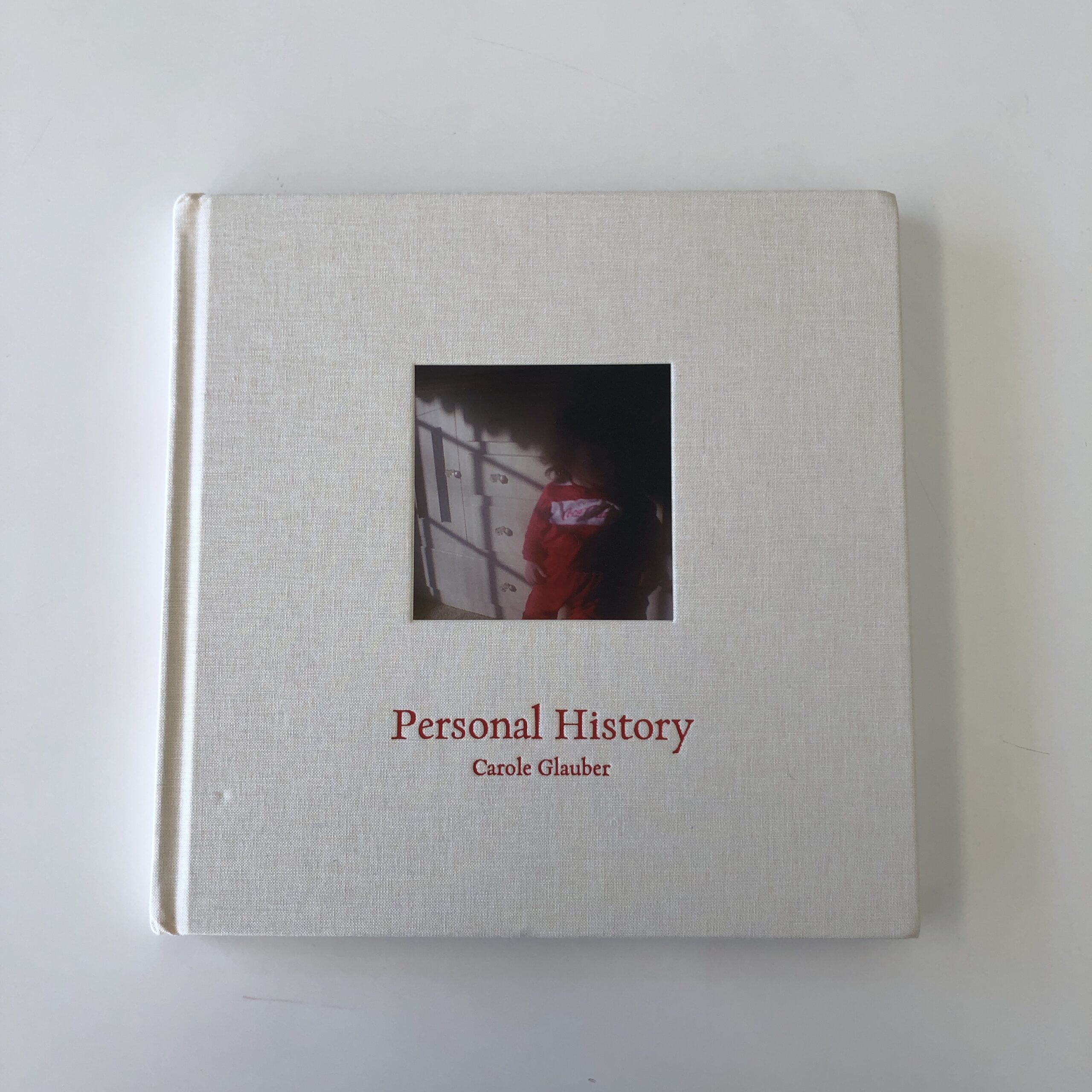
Jews have been in the news lately.
(A lot.)
It’s not surprising, as Trumpism, and the right-wing in general, have been ascendant the last five years, and those cats are big on hating “the other.”
So while we’ve all become familiar with the term BIPOC, and saw the anti-racism protest movement thrive, in the wake of George Floyd’s murder, there has been no concomitant popular movement to combat anti-Semitism.
I wonder why?
The Jews are a small ethnic/religious group, relative to most other cultures in the world.
Though Christianity and Islam were both born from our religion, those two groups actively sought converts, over the last two thousand + years, and grew their numbers with purpose.
Judaism, on the other hand, makes it difficult to convert, as we consider ourselves the “Chosen People,” and there has never been an active movement to grow the religion’s population.
So while Christians and Muslims range in the billions, there are only 15 + million Jews in the world, and we’re a minority in every country on Earth, save Israel.
(All because my ancestors, ever the rebels, were dumb enough to stand up to the Roman Empire, and were kicked out of their homeland as punishment.)
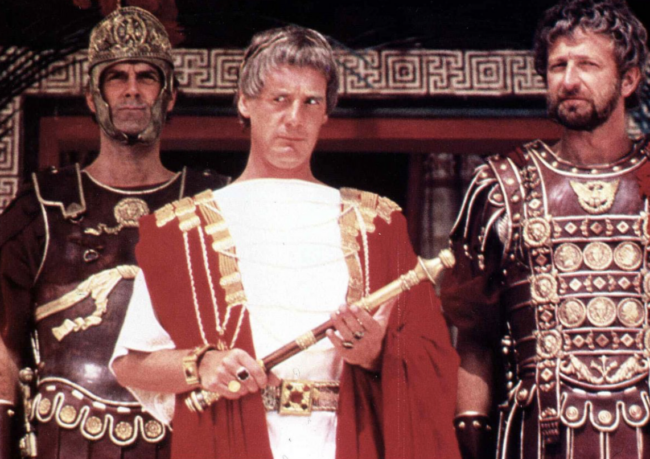
Like Cain, doomed to wander the world with an obvious mark, Jews tried to make homes in other places, ever the outsiders.
And though contemporary culture deems us “white,” and is therefore skeptical of the roots of anti-Semitism, it’s only recently that most Jews have assimilated, dressing and acting as others do.
The Orthodox members of the religion, however, many of whom dress in heavy black suits, with odd haircuts, big hats, and women who cover all their skin beyond the face, (a slight variation on Islam’s burqa,) stick out like sore thumbs wherever they go.
They’re easy targets, as “the other,” and of course before the 2nd half of the 20th Century, (and into the 21st,) most Jews dressed like that wherever they were.
Which made them targets of pogroms, (murderous riots,) ghettoization, and discrimination, much as so many are mistreated today because of the color of their skin, their gender identity, or sexual preference.
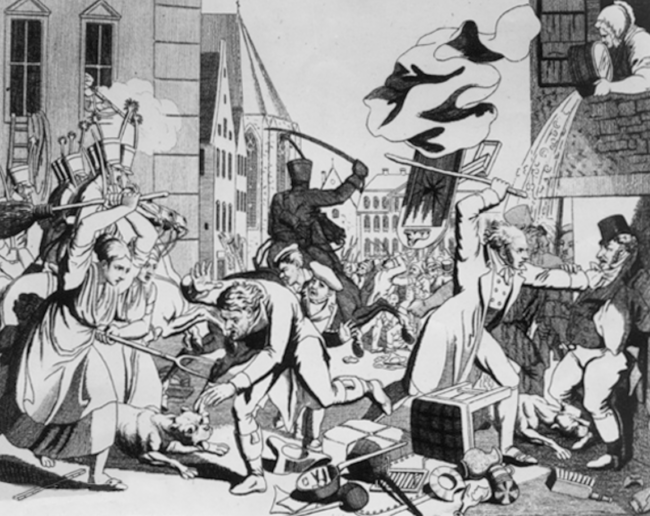
One would imagine all historically marginalized cultures would band together, but when it comes to the Jews, somehow, we don’t typically make the cut.
(I mean, in the last few weeks, we had the terrorism hostage situation in Texas, the Whoopi Goldberg saga, a Washington Commanders football player telling everyone he’d love to have dinner with Hitler, and a WaPo columnist writing a PC op-ed that seemed to minimize the Holocaust’s effort to extinguish the Jews.)
Not to mention when I went my cousin’s Bat Mitzvah in New Jersey in April 2019, there was an armed guard at the door.
Honestly, before the last 5 months, I don’t think I’ve ever written about anti-Semitism in the column, and this is now the third time it’s come up since.
(Even three years ago, I was joking I’d rather be know as a Jewish-American than a “white guy,” and I’d have to think hard about that these days.)
From where I stand, all people are worthy of kindness and respect, as long as that’s how they treat others.
It’s easy to demonize certain Red-State cultural traits, (and I have,) but over my decade + writing here, I’ve also attempted to empathize with people who were vanquished in War, and then had to make nice with the victors, as the South did.)
Empathy, kindness and respect are the opposite of hatred, blame, and vilification.
So while I’m under no illusion my column will change hearts and minds, I take this platform seriously, and wanted to challenge the increasingly popular notion that it’s OK to dislike, or denigrate Jews, because we “run the world.”
Growing up, I heard plenty of big-nose jokes, or pick-up-the-penny insults, and everyone knew which Country Clubs were No Jews Allowed. (Not that we belonged to a Country Club.)
They even had a nickname for it: NJA.
These days, my own brother is as assimilated into wealthy, conservative Christian culture as any Jew has ever been, including all the trappings: Catholic School, tennis, golf, Country Clubs, hobnobbing with Upper Class Republicans.
You name it.
But we both began as a couple of Suburban Jewish kids, raised by the same parents, all those years ago.
I admit, this wasn’t the opening I was planning.
But I went for a walk, (as I often do to get the blood flowing,) and this is where we landed.
Right before I left, heading out into the white snow, blue sky, and ice-covered dirt roads, I looked at a photo book.

Which one, you ask?
Good question.
This morning, I went to the book stack, and looked for the oldest submission I could find.
I’ve told you it often takes a year for me to review a book, these days, and sure enough, I found a submission from Carole Glauber, in Israel, sent in February 2021.
“Personal History” was published by Daylight in 2020, and features an opening essay by the Israeli photographer Elinor Carucci, (who’s based in the US,) to give immediate context.
Unlike Rich-Joseph Facun’s book last week, this one sets the scene straight away, and then lets the pictures do the rest of the work, until a series of afterwords at the end.
And what is the book about?
Carole Glauber, a photographer and photo historian, raised her two Jewish boys in America, and I believe she is American herself, though she currently lives in Israel. (I could be wrong, of course, as the book doesn’t specify.)
She used a 1950’s Kodak Brownie camera to document her sons as they grew, which lends a dreamy, soft-focus haze to most of the images.
It’s a look, for sure, and represents a structural metaphor for the way our brains represent memories, which are rarely, if ever, as sharp and clear as a top-shelf lens on a medium format digital camera.
That’s the gist of the book, anyway.
But how does it function?
Elinor Carucci’s essay mentions her kids are nearly 15, and she’s begun to fret about how soon they’d be leaving the nest, after her 18 years with them.
My son is four months away from High School, so of course I’ve been having similar feelings of anxiety, wondering how we got here so fast?
(Did we though? The first two years of the pandemic felt like 5 years, so perhaps I’ve gotten extra time with him, experientially.)
In Carole Glauber’s photographs, there are time jumps, of course, as her boys go from very young to young men, and I was able to recognize settings like Italy and Oregon, though I’m not quite sure where they were raised.
(The Grand Canyon makes an appearance too. Who hasn’t created extra-vivid memories with their children on vacation?)
At one point, we see a Bar Mitzvah image, and her son Sam wearing a yarmulke.
They do not hide their Jewishness, though when I was growing up, that was still common, as the scars of the Holocaust were still so evident.
One of my Dad’s relatives had a concentration camp tattoo on his arm, and I never, ever forgot that my people had nearly been annihilated.
(To be clear, the one culture in which Jews most assimilated before the US was Germany, and we all know how well that worked out.)
In general, I don’t care or think much about Whoopi Goldberg, and haven’t since I saw her in “Jumpin’ Jack Flash.”
But I sure has hell got offended when I read her recent words.
One group’s suffering should make them more empathetic and supportive of others who’ve shared a fate, but it rarely seems to work out like that.
(Again, I’ve written several times I don’t support Israel’s apartheid policies towards Palestine, though I don’t think either side has ever looked good, stewing in their respective hatred.)
This book pulled at my heart strings a few times, but not as much as I anticipated, because I think the concept is stronger than the images.
Photographs made in the snapshot aesthetic can still lean heavily on elements of technique: great compositions, lighting, color palettes, dynamism, and such.
I found these to be OK, for the most part, but rarely more than good.
(With a few exceptions.)
In the end, after the artist’s afterword, each son, Ben and Sam, writes a piece about their reaction to the book.
I was amazed how their differing personalities came through.
One was circumspect and brief, the other hyper-specific, and perhaps a tad insecure, wanting the audience to know he could dissect art, and understand its intricacies.
It really is amazing how it works like that.
Siblings, growing up with the same parents, sharing so much genetically, can sometimes become so different, they can no longer relate to one another.
But I suppose the future has not yet been written.
Has it?
To purchase “Personal History” click here
If you’d like to submit a book for potential review, please email me at jonathanblaustein@gmail.com. We are particularly interested in books by artists of color, and female photographers, so we may maintain a balanced program. And please be advised, we currently have a significant backlog of books for review.
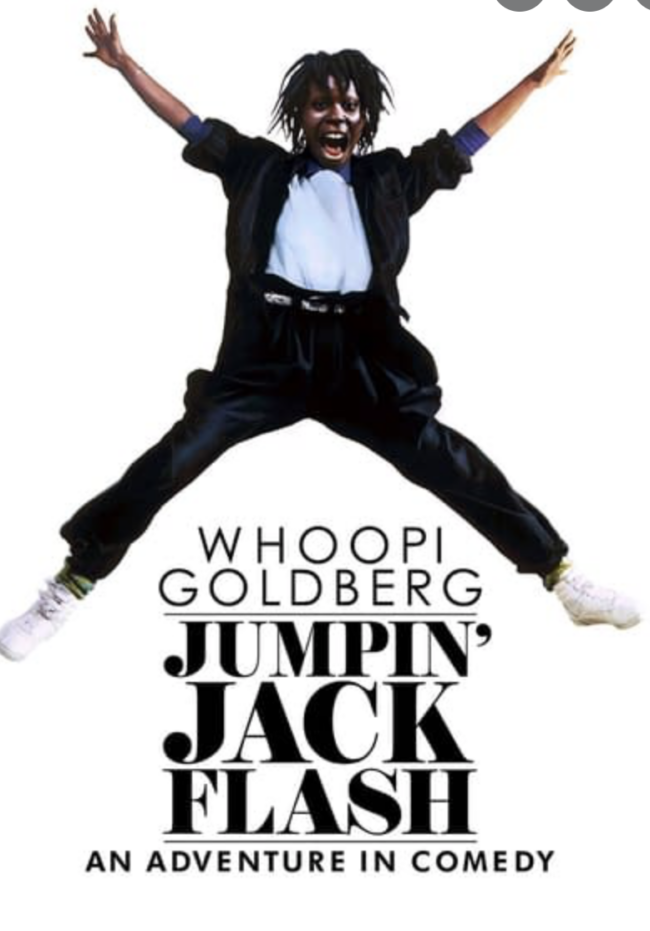
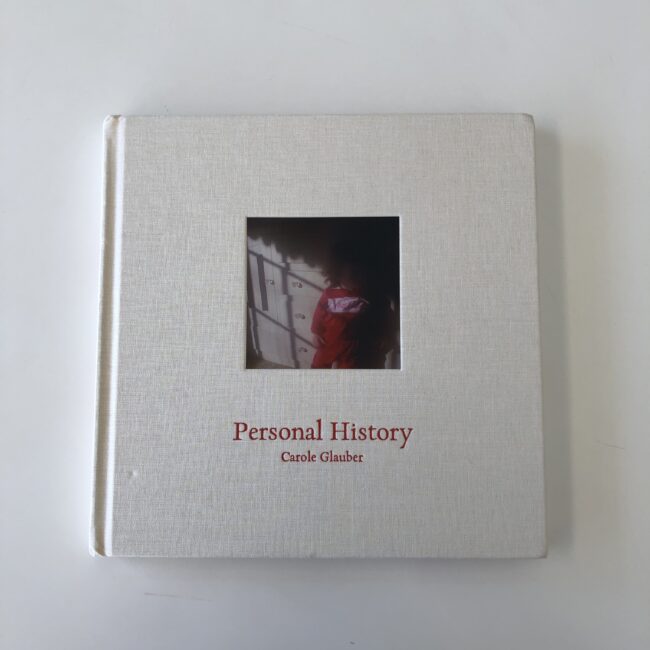
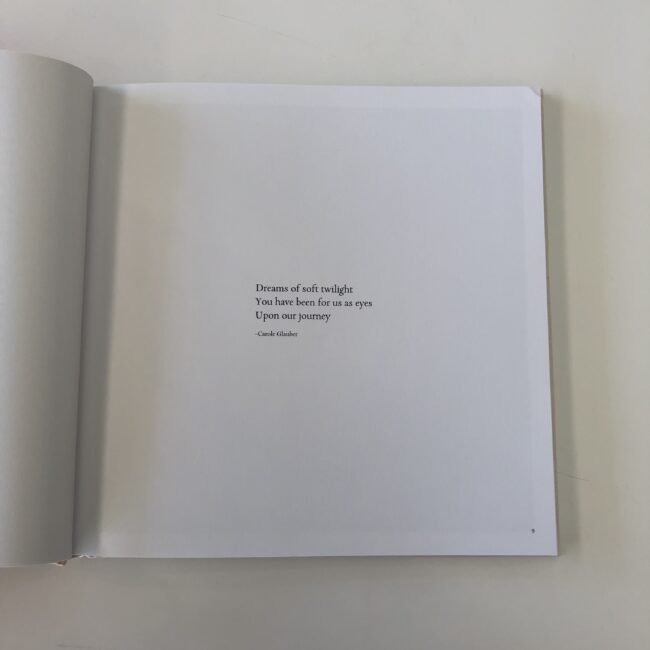
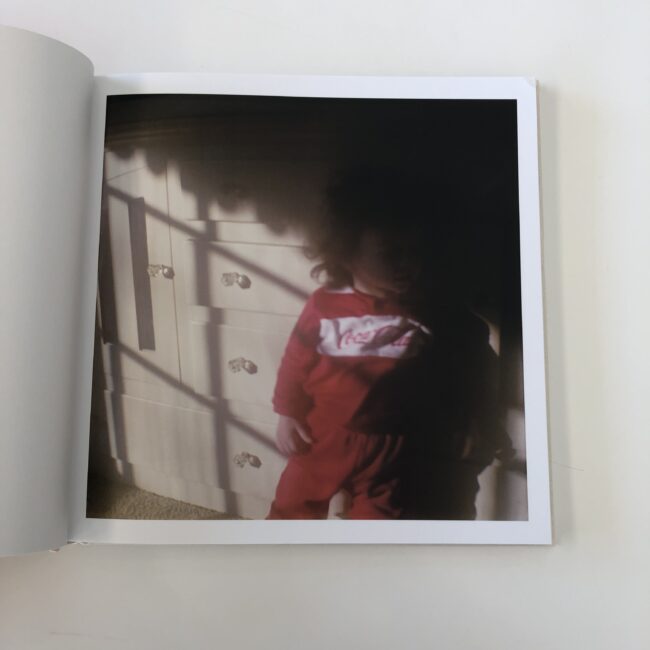
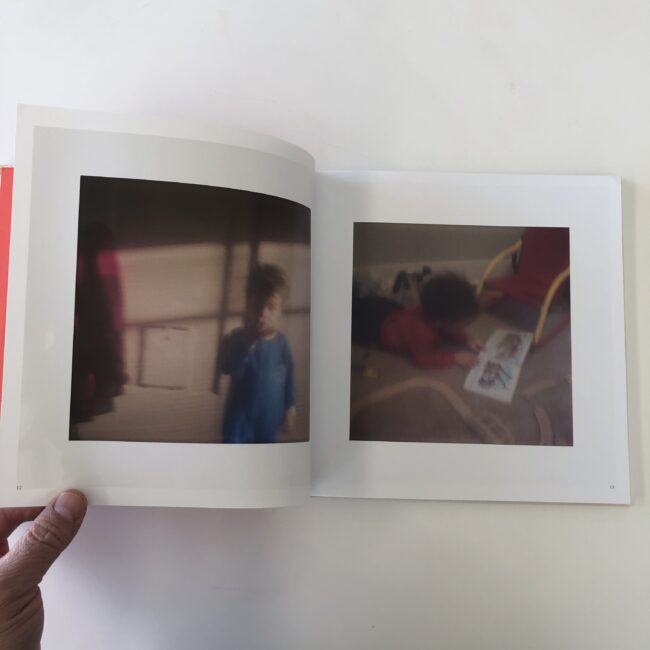
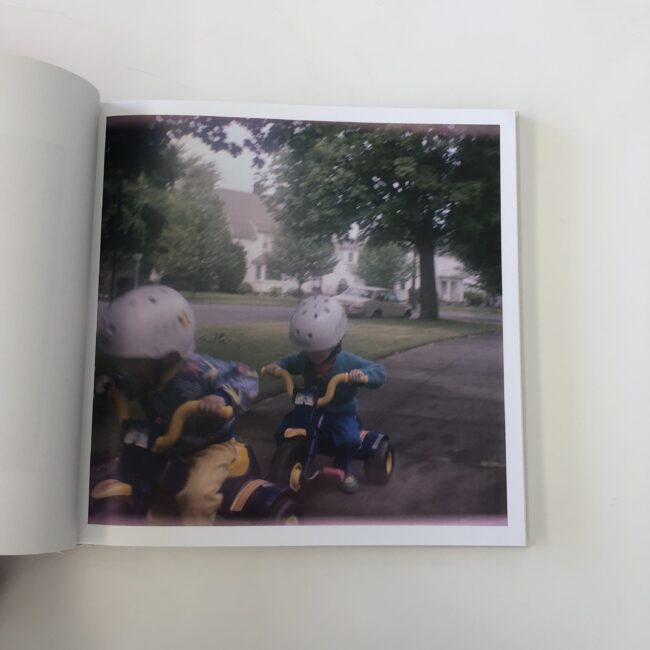
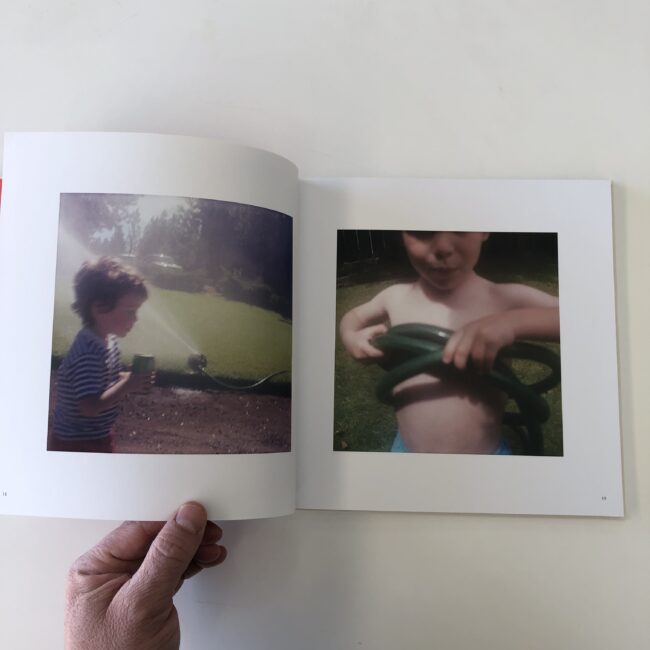
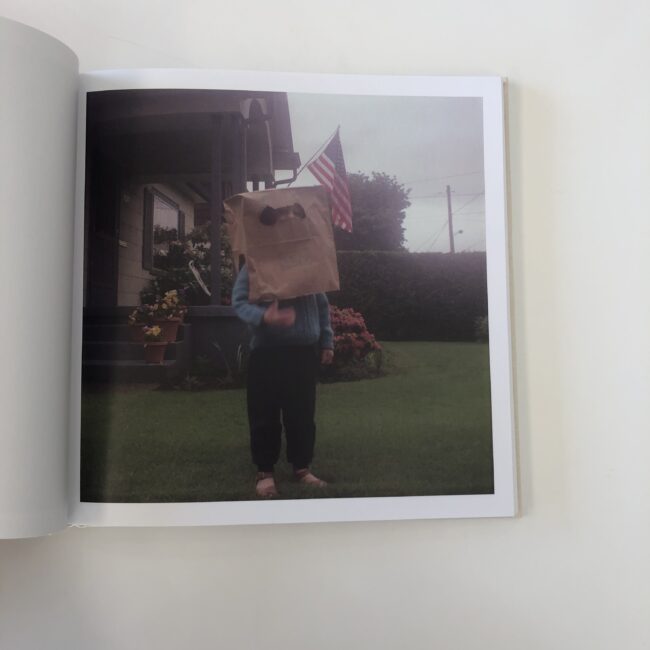
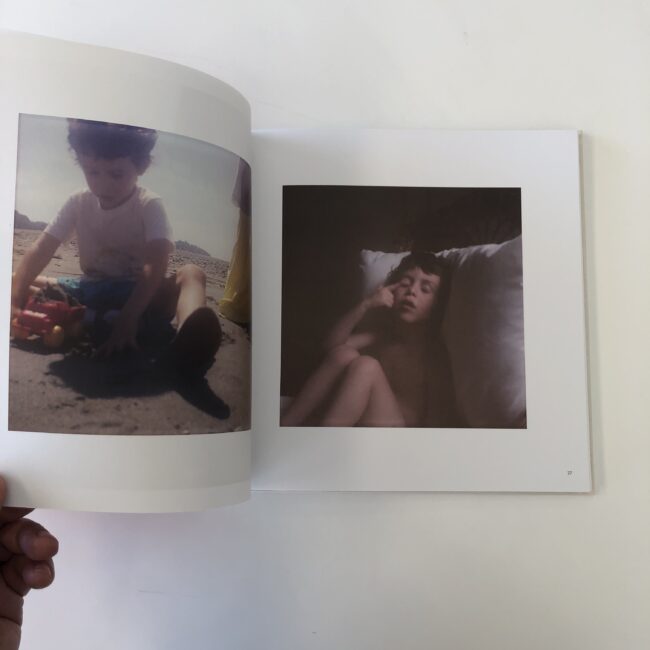
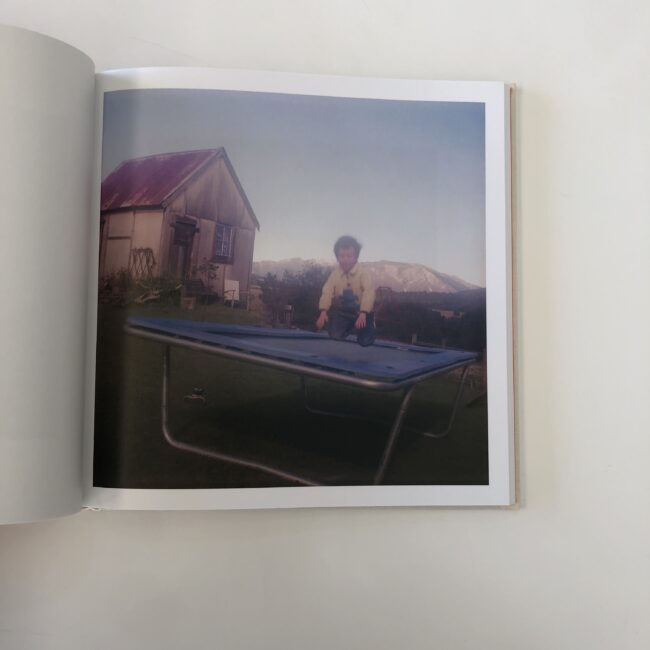
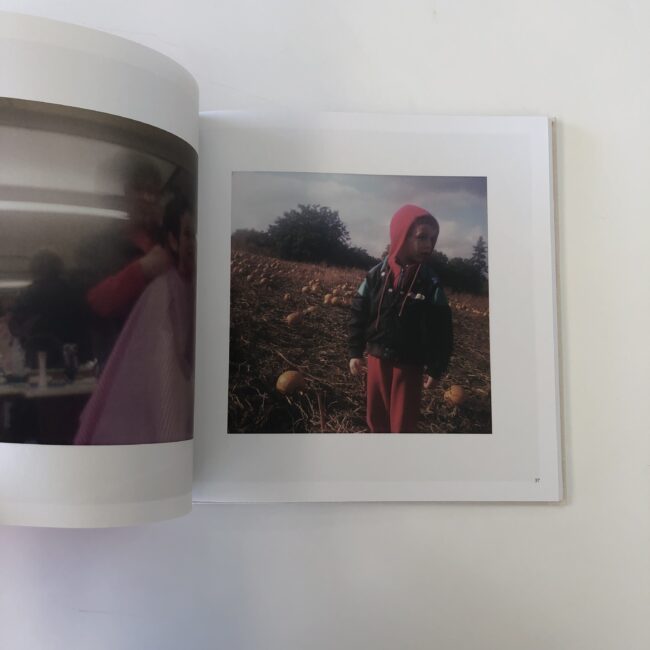
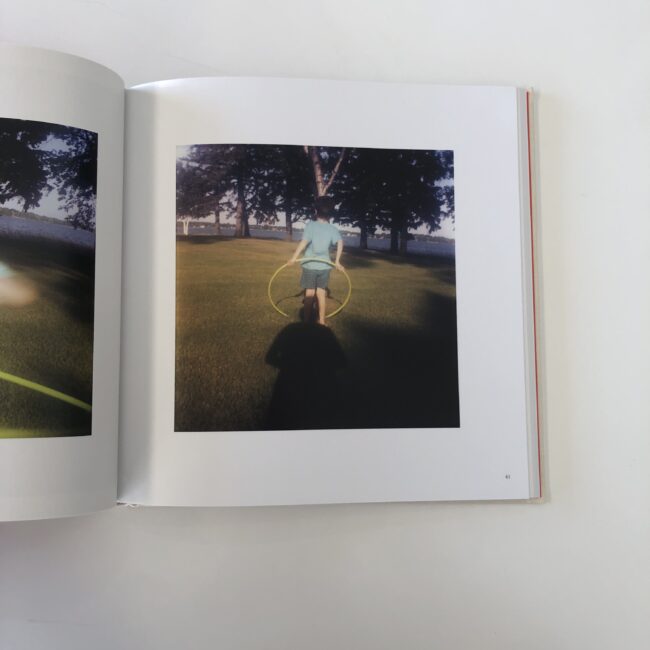
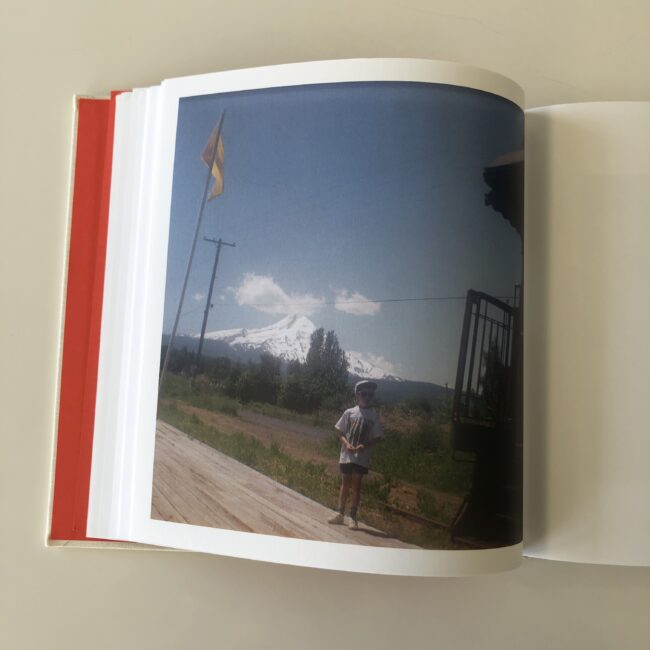
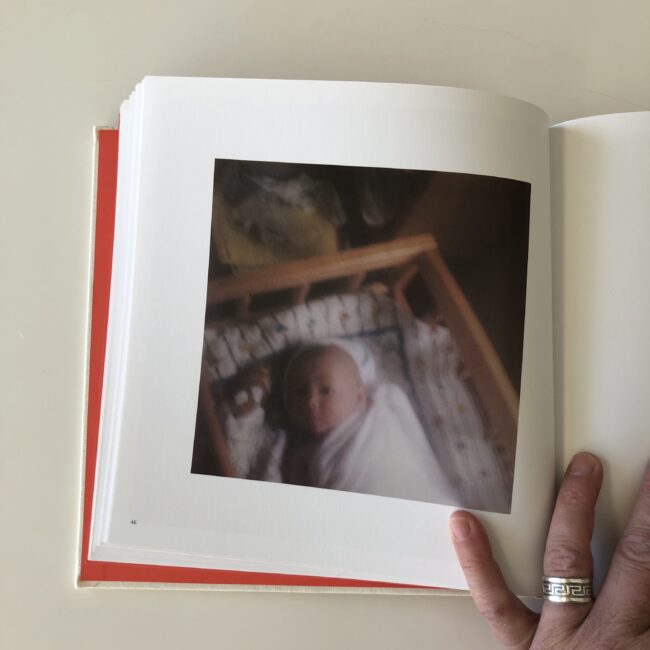
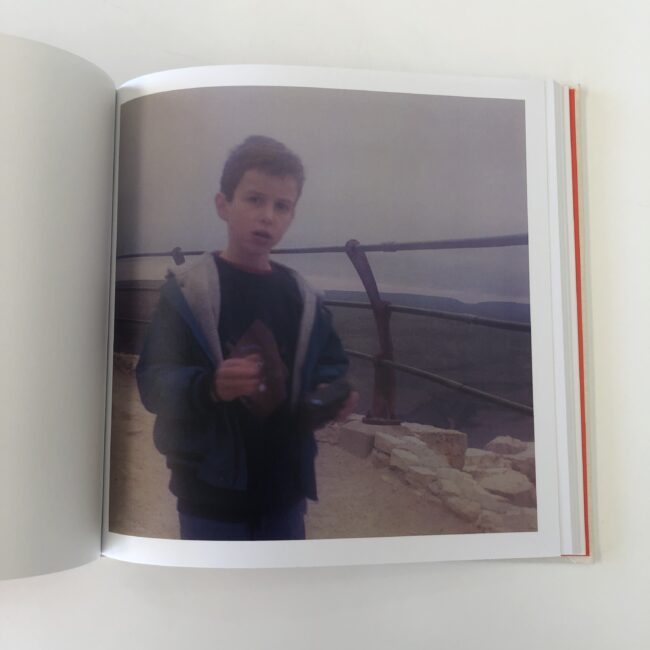
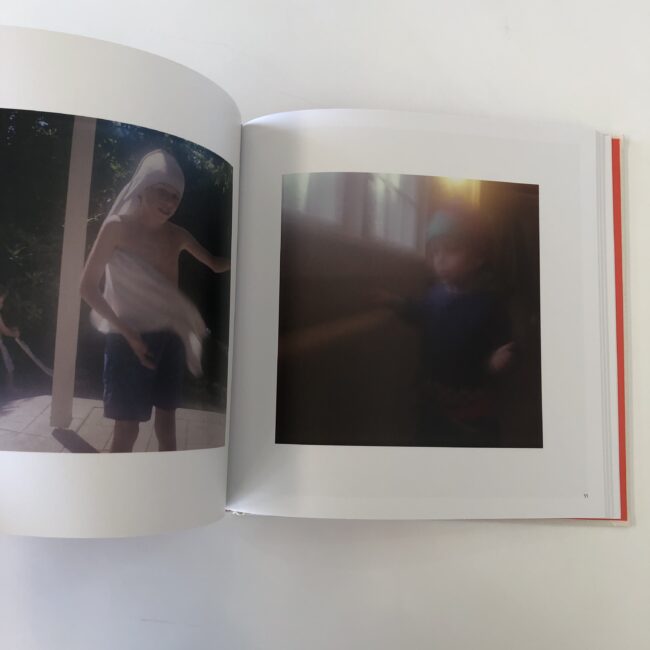
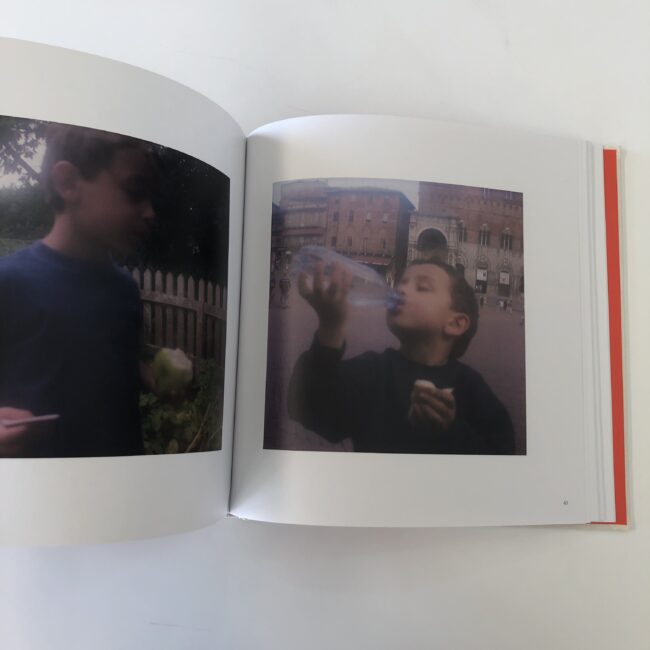
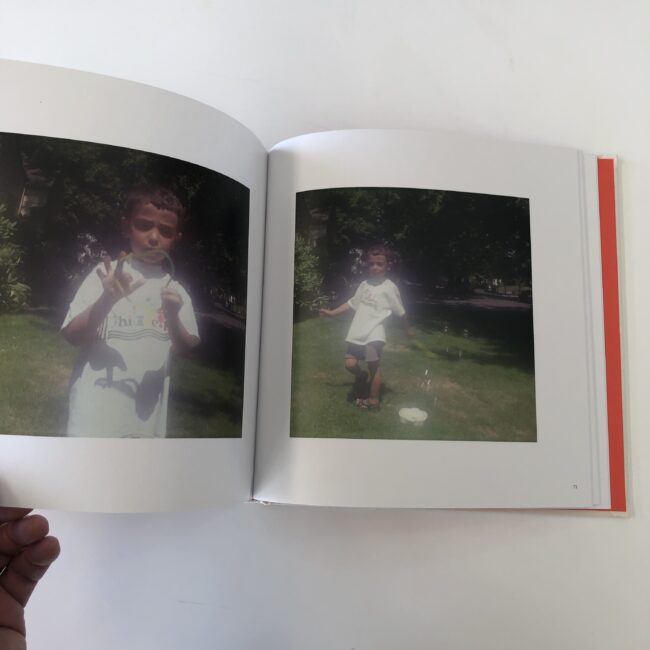
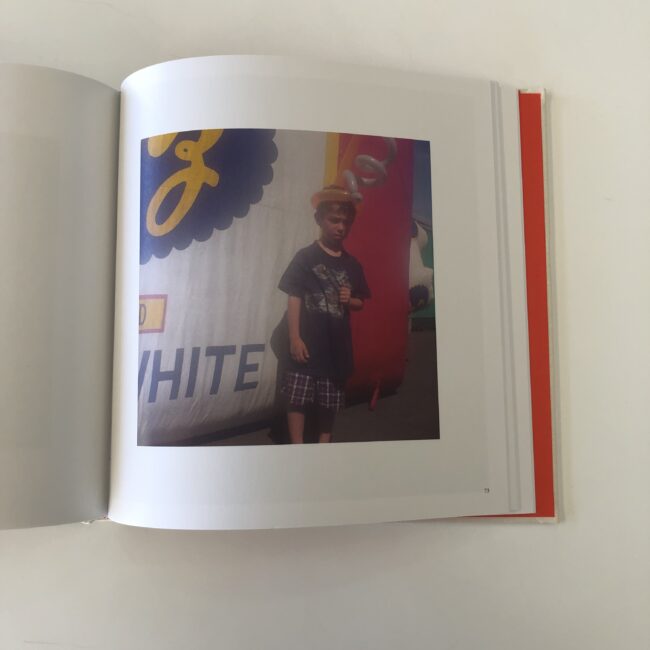
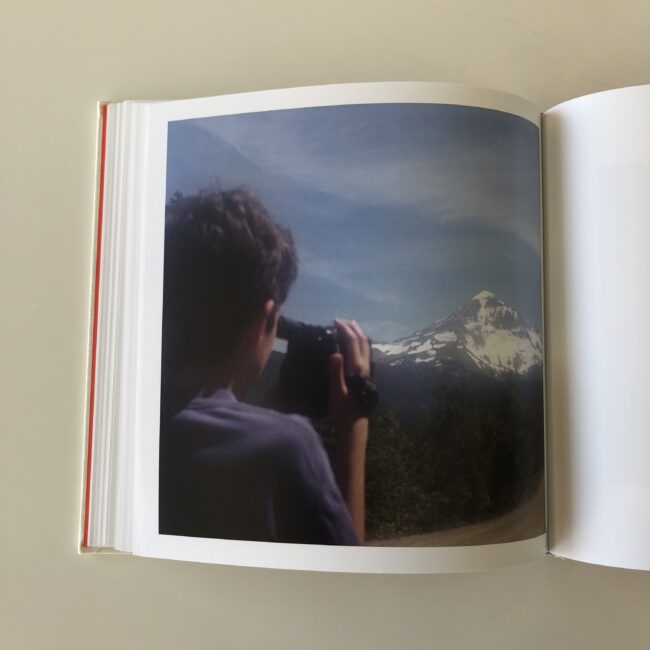
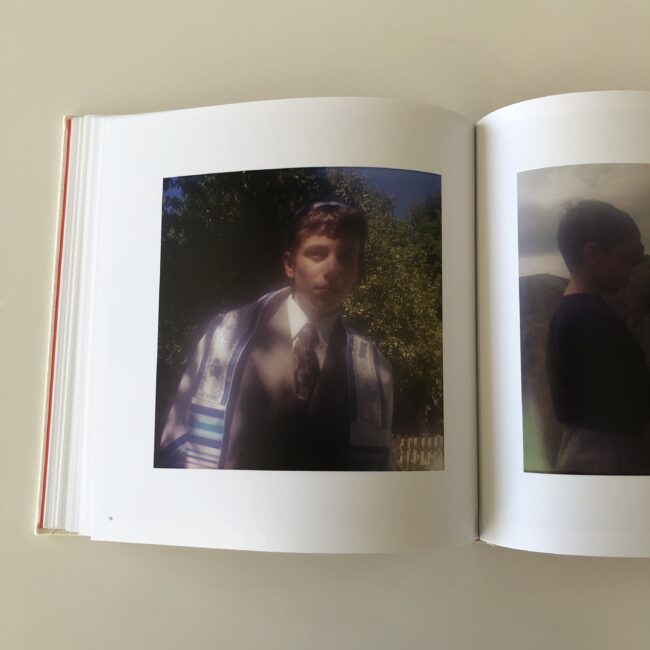
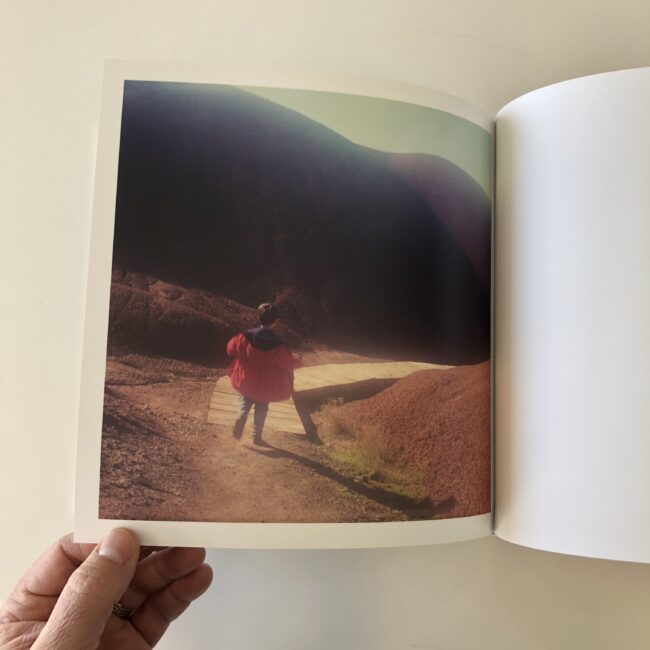

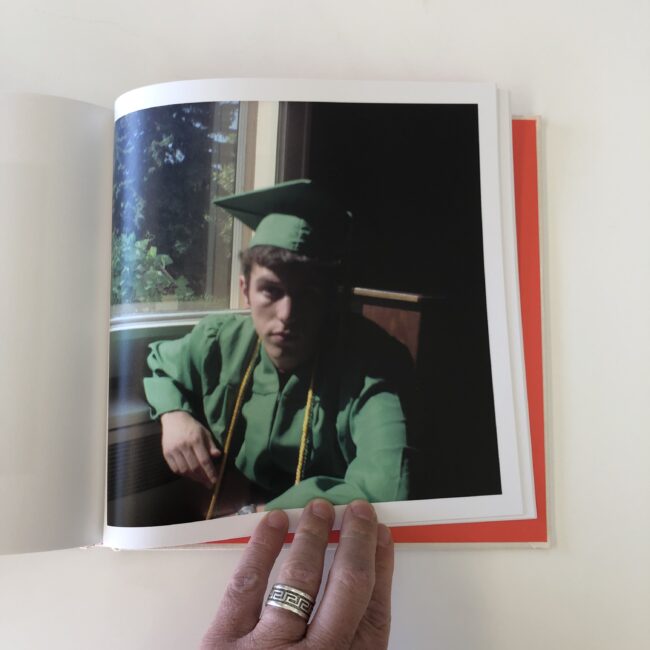
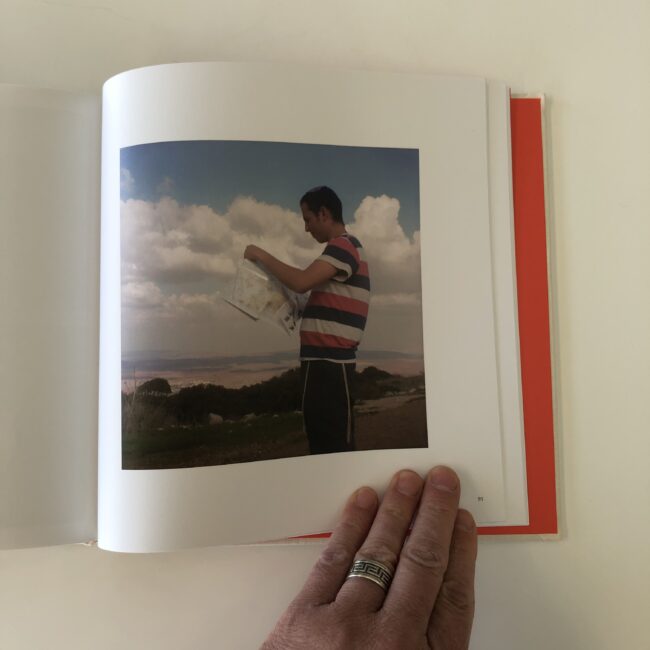
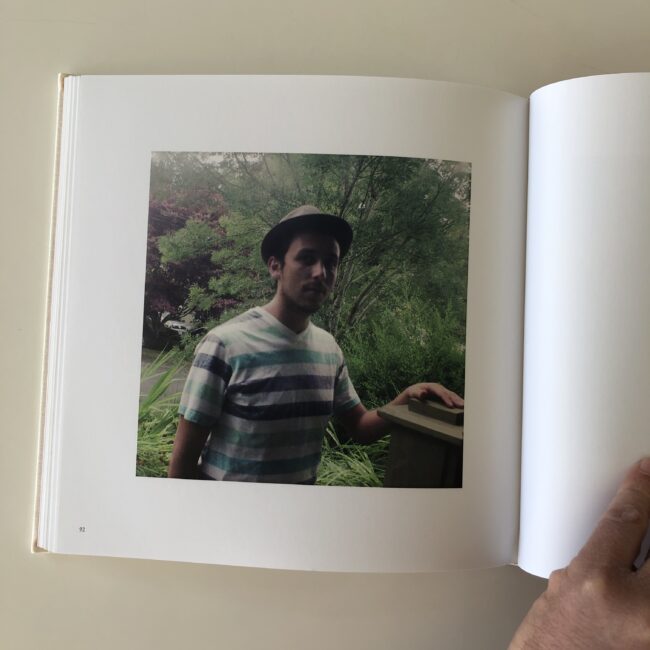
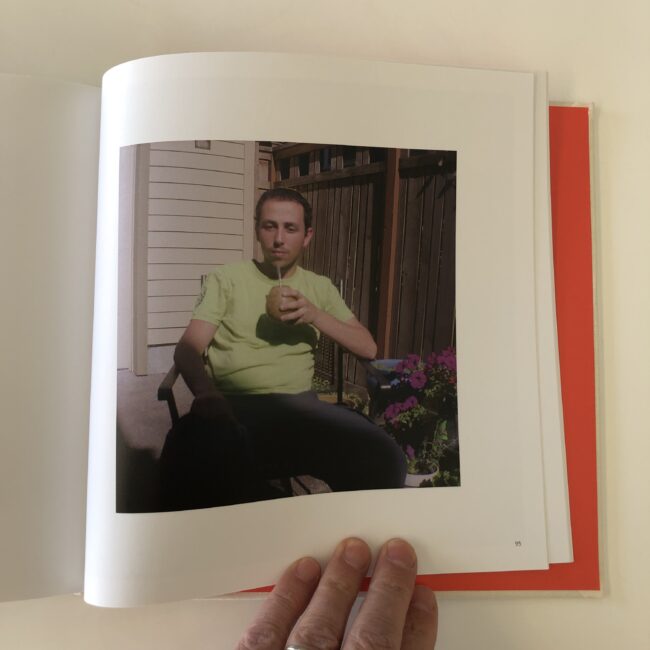
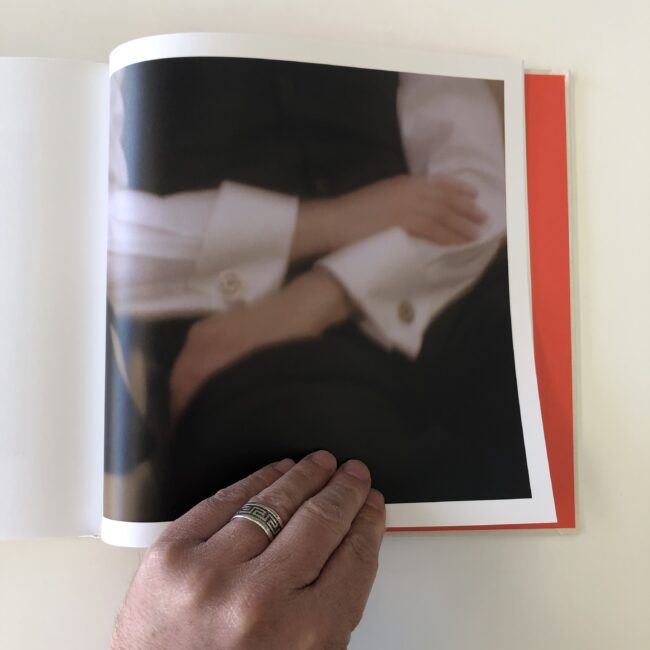
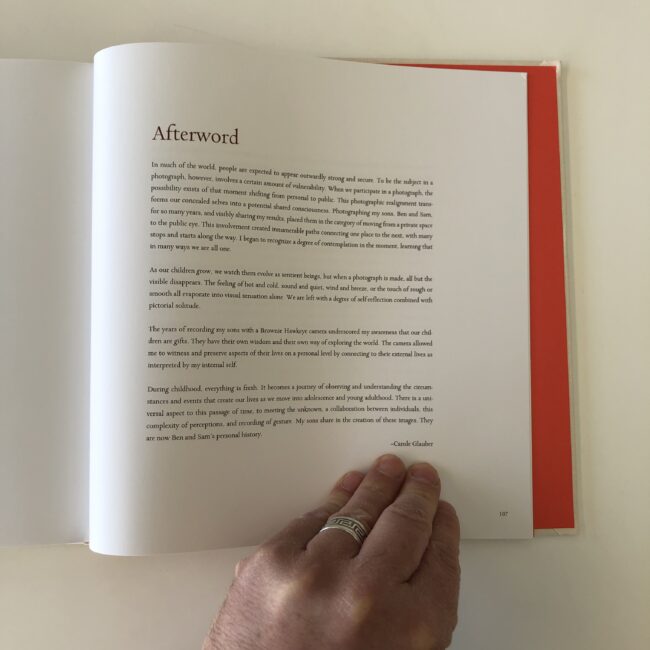
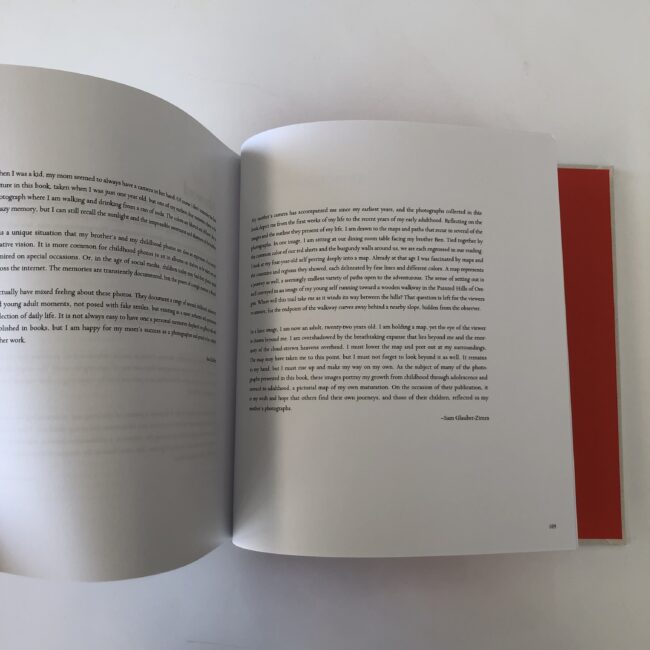
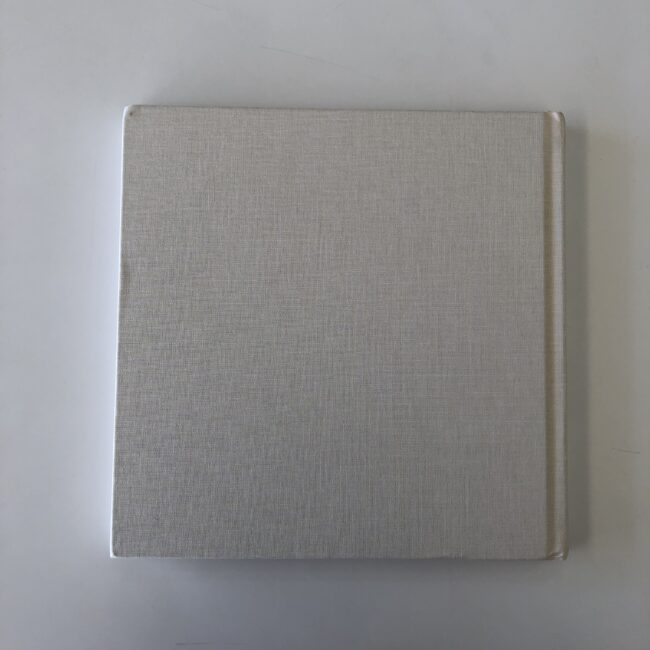
5 Comments
” there has been no concomitant popular movement to combat anti-Semitism.
I wonder why?”
I think (and this is an admittedly oversimplified attempt at an ‘explanation’) because Jews are seen as having their very own power base in Israel, with very real tentacles in the halls of US political power that controls considerable amounts of policies and money towards that end. Of course, one can argue just how great those avenues of power really are, but at least, that much, is based in fact.
Then throw in (as you mentioned) that Jews (to their credit) tend to keep their religion to themselves. Which can be interpreted by some as a cultural proclivity to keep to themselves.
And then to really contemplate things, you have the age old conspiracies that subscribe to the fantasy that Jews control…
well, just about everything you can possibly think of- that really doesn’t help things, and ties in to some very real racial animosity!
I guess that pretty much covers it (kidding)- just some outsider viewpoints…
Thanks, Stan. Appreciate you taking a stab at answering my rhetorical question. But the answers themselves seem to prove much of my point. American Jews are Americans, not Israelis. And Israel the country only exits because the Nazis almost exterminated an entire race of people. Anyway, you stuck your neck out to comment, so as usual, I’m glad you’ve been reading all these years. Hope all is well!
Exactly.
We live in an age where facts no longer matter, rumors rule and conspiracy… the lingua franca.
Best joke I’ve heard in a while:
Alex Edelman:
I’m like five or six years old. I’m at a children’s birthday party at a chuck e cheese in Watertown, Massachusetts. And I reach for a slice of pizza that had some sausage on it. And my grandfather was there and he just slapped my hand away. And he said, “you can’t have that, Dovid, we’re Jewish.” And I said, “what does that mean?” And with a totally straight face, he just went, “it means you’ll never be happy.”
https://www.pbs.org/newshour/show/comedian-alex-edelman-explores-antisemitism-his-jewish-roots
Stan, under the circumstances, not sure I feel great about leading with a Jewish joke. But the interview is excellent, and nuanced. As usual, I give you the benefit of the doubt, and appreciate you sharing that PBS piece. Good stuff.
Comments are closed for this article!